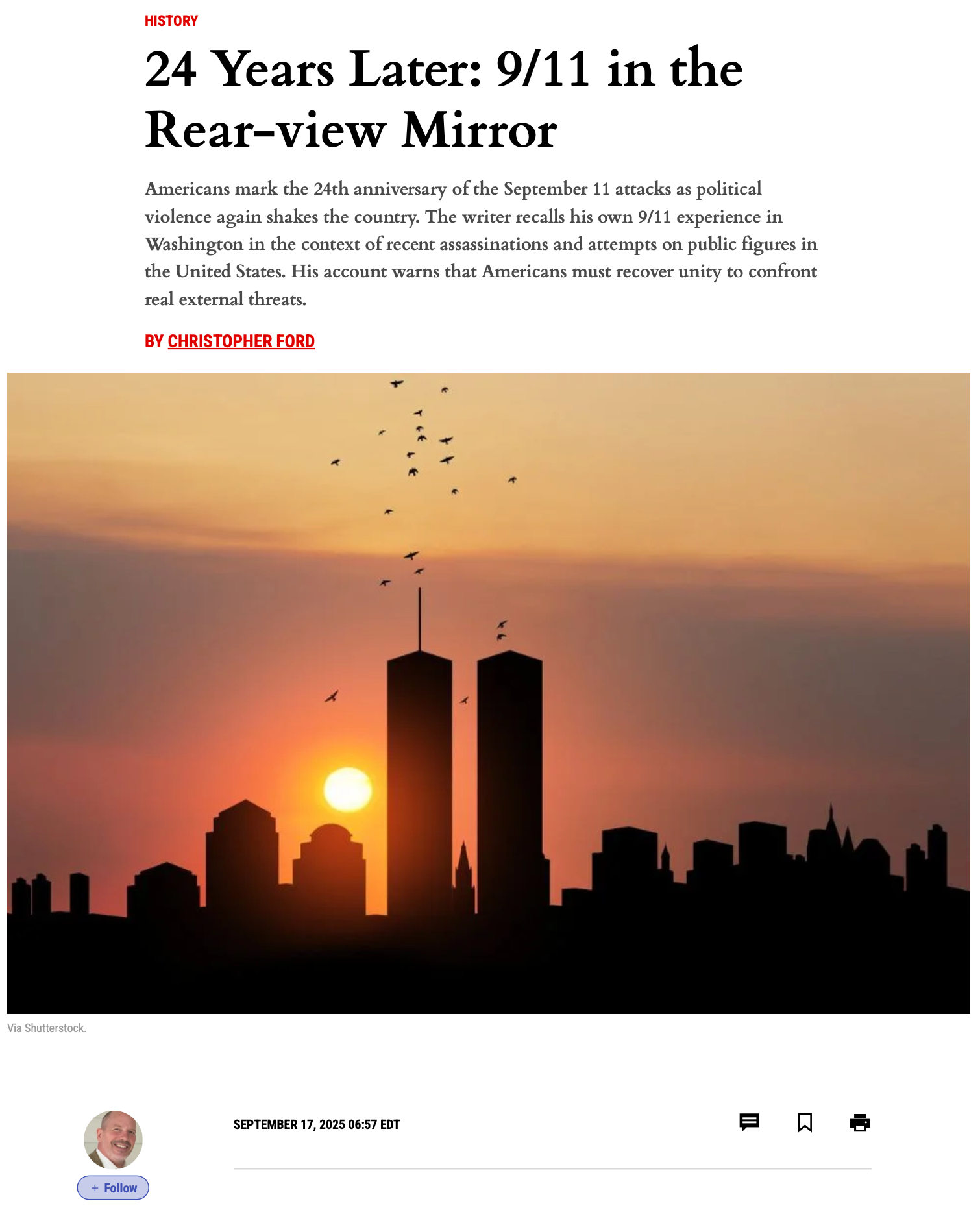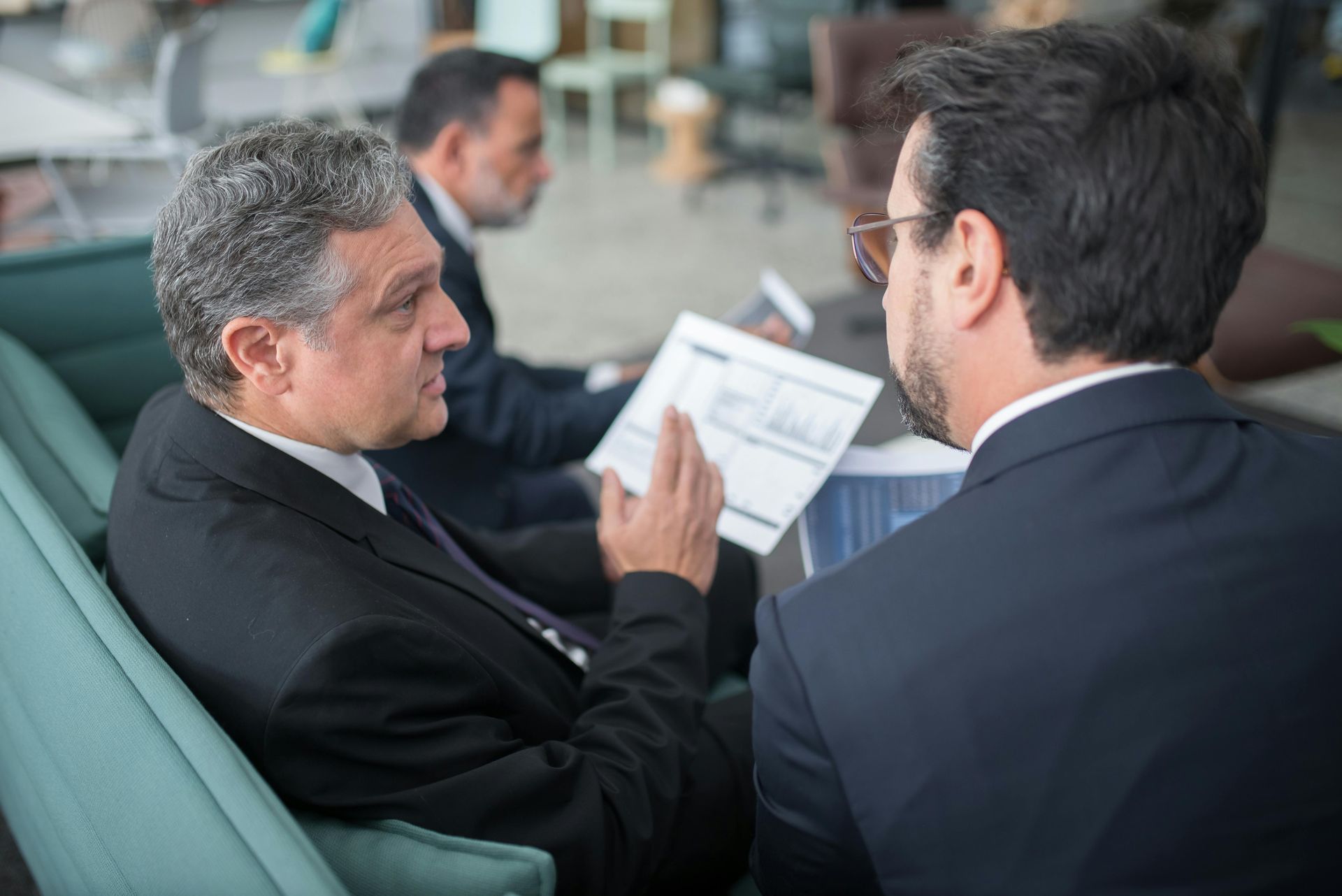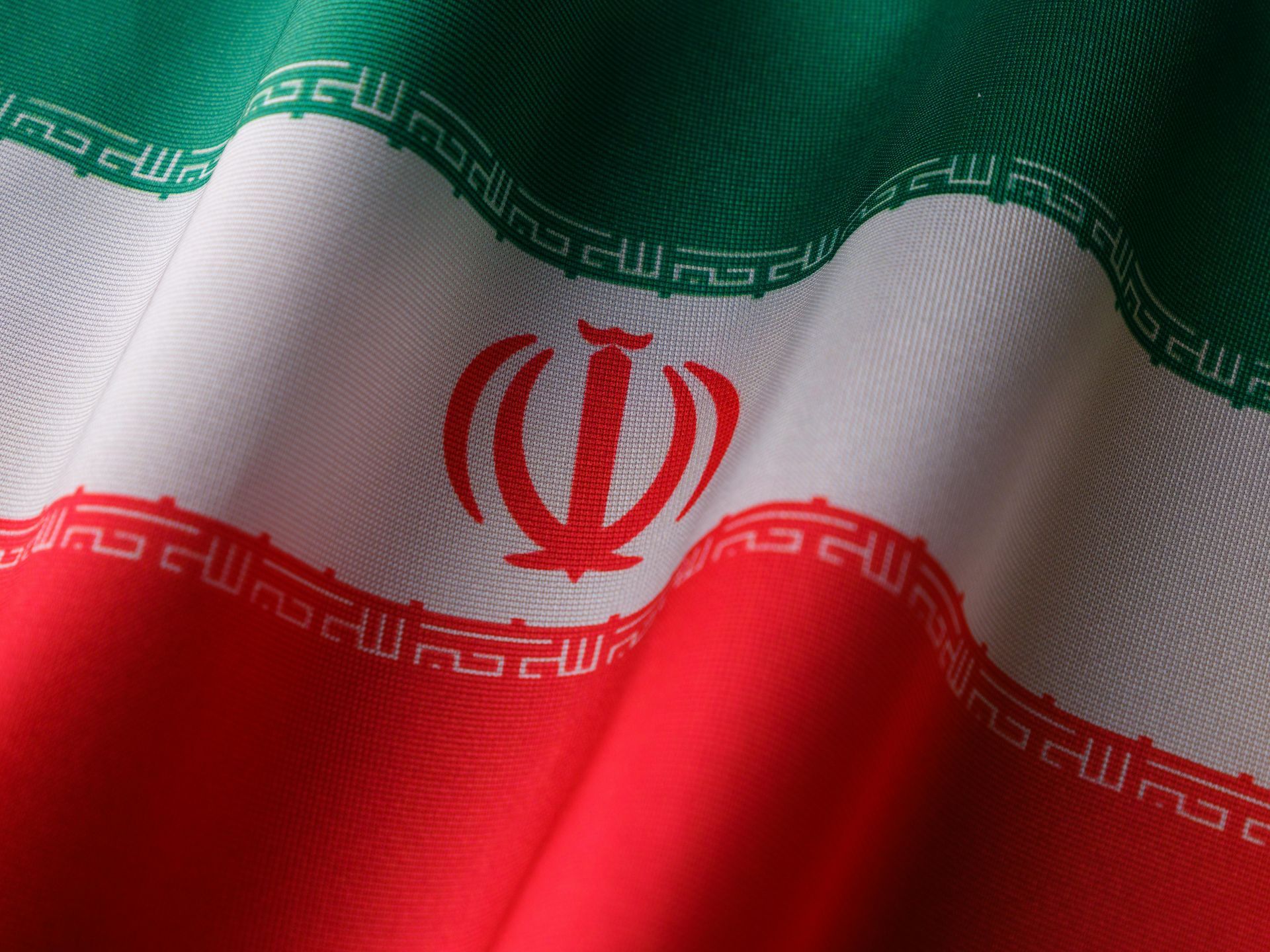From “Planning” to “Doing”: CEND Gets to Work
Assistant Secretary Ford delivered the following remarks to an NGO roundtable sponsored by the Creating an Environment for Nuclear Disarmament (CEND) Initiative on November 24, 2020).
Good day, and thanks to everyone for attending this roundtable event.
I’m glad that the Creating an Environment for Nuclear Disarmament (CEND) Subgroup Co-Chairs have organized today’s program, because as we work to reframe disarmament discourse in ways devoted to helping resolve real-world security issues that present challenges to disarmament, outreach to civil society is important to us. The CEND Working Group is made up of state participants, of course, and we generally limit our discussions to representatives from national governments to help ensure confidentiality and candor. But it is also important to be transparent and to engage with civil society on these important topics – so thanks to all of you for participating in this event today.
I have told the story of CEND’s origin and evolution many times, not least in my remarks to the CEND leadership group in September. Most of you are probably therefore familiar with its origins in the “nuclear vision review” that we undertook in the U.S. Government over the summer of 2017, on the basis of which we formulated a new, more security-focused approach to disarmament dialogue aimed at ascertaining what could perhaps be done – as the Preamble to the Nuclear Nonproliferation Treaty (NPT) exhorts us – to ease tensions and strengthen trust between states in order to facilitate disarmament. At the NPT Preparatory Committee meeting in 2018, we issued a public invitation to explore a new dialogue , following this up by announcing what became CEND in October of that year, at a Global Enterprise event.
But all of that is already in the public record. What is perhaps not so clear from the outside, however, is the degree to which – notwithstanding its origins in U.S. thinking – the CEND Initiative has now “graduated” to being something rather more. It is clearly now a much broader initiative, one that belongs to all its participants. This is gratifying, and very important.
Throughout the early phases of setting up CEND, I was repeatedly asked things such as “What deliverables do you want CEND to produce?” or “What does the United States want CEND to do?” But I tried to make it clear, all along, that I didn’t think those were the right questions, since we didn’t want this ultimately to be an indelibly branded “United States” effort at all, much less the sort of thing in which any one party could decree outcomes in advance.
Indeed, it was part of the whole point that there aren’t easy and obvious answers about what the international community can do to make a resumption of disarmament progress feasible and sustainable in today’s deteriorating global security environment. The very purpose of CEND is to bring thoughtful diplomats together in order to explore disarmament questions in new and creative ways, and not to be merely one more forum in which to rationalize doubling down on received conventional wisdoms that clearly aren’t working anymore. We’ve never had a specific outcome in mind – and, at this still-early date, one shouldn’t.
Moreover, we have been quite clear from the outset that this both shouldn’t and couldn’t be any kind of a command-directed “United States” undertaking. That would defeat its purpose, and would all but preclude buy-in from many of the stakeholders without cooperation from whom no genuine effort to resolve disarmament-impeding security problems could succeed. CEND was never going to be an American institution, and its strength lies precisely in the degree to which all its participants feel free to bring their differing perspectives to the table.
To be frank, nobody knows exactly where CEND’s deliberations will go, and that’s much more of a “feature” than it is a “bug.” The objective is to catalyze a way of approaching disarmament discourse in a fashion that actually seeks to solve, or at least to ameliorate, real-world security problems that stand in the way of progress. But those problems are – as it is almost a cliché to observe – very difficult ones, and precisely because so much of the conventional wisdom has run out of steam, the new path needs to find its own way. That’s what real explorations are about; if the answers were known ahead of time, there’d be no need for this initiative.
So, if I do have things to ask of CEND – and I’ll describe them as hopes for the initiative, since no one is at this point in any position to direct its deliberations – these requests are less about outcomes than about process and about the mindset that participants bring to the endeavor. I’ll flag three hopes, which I’ve tried to make clear to all participants from the beginning:
- First, in CEND’s search for better answers to the challenges of disarmament, I ask that participants be honest, realistic, thoughtful, and serious about the nature of the task. We need good-faith engagement on how to contribute to possible solutions in the real world, and mere point-scoring and virtue-signaling should be left at the door.
- Second, I ask that CEND discussions open-mindedly consider the perspectives of all of participants, and that these discussions remain “exploratory” as much as possible. CEND’s job should be to enrich dialogue and broaden thinking elsewhere – and indeed everywhere – rather than directly to “enact” supposed solutions itself, which of course it cannot do anyway, for it is not a forum with any kind of official standing. It must avoid getting stuck in the kind of zero-sum, adversarial, lowest-common-denominator “negotiations” mindset that so often afflicts more traditional disarmament fora.
- Finally, I ask that CEND strive to catalyze better answers to security challenges rather than ignoring those challenges or wishing them away. The NPT’s Preamble notes that easing tension and strengthening trust between states is necessary “in order to facilitate” disarmament, and the direction of that causality is no accident: the road to answering the challenges of disarmament necessarily runs through a serious and sustained effort to take regional and global security issues seriously and to help resolve them. Morally satisfying proclamations or signatures on pieces of paper cannot provide what is needed, except perhaps simply as a symbolic and codifying capstone at the end of a process during the course of which deep work has been done to address real-world security challenges.
But all of this is just my own vision for CEND. I’m pleased to offer it, but it’s just my perspective. Today, what actually becomes of CEND isn’t up to me, but rather up to its participants.
My first takeaway for you today is to emphasize, as I noted a moment ago, that CEND has outgrown any one country’s vision. That is an important milestone. As we always hoped it would, the initiative has grown into something that “belongs” to all its many participants, as an organic outgrowth of their collective efforts and input. It’s now bigger than its creators.
My second takeaway for you is that CEND has now also made a second critical transition. Whereas for many months, not least during some delays imposed by the coronavirus pandemic, the group was engaged in organizational and planning work, that phase is now past.
The 43 countries that have taken part – including nuclear weapons possessors and non-possessors, NPT and non-NPT countries, P5 states and the Non-Aligned, U.S. “nuclear umbrella” alliance partners and signatories of the Treaty for the Prohibition of Nuclear Weapons (TPNW), Arabs and Israelis, and Indians and Pakistanis – have sent the signal that there are many out there who would like to find viable answers to the problems of disarmament, and who recognize that traditional approaches weren’t providing what the world needs. To set up a process of trying to find those answers, CEND participants have identified some key substantive lines of inquiry for its working groups to pursue, and the groups have established plans of work for the first phase of these efforts. The preliminaries have now been dispensed with, and the process of substantive inquiry is underway.
In short, we are now moving from “planning” into “doing,” and the actual work of exploring better answers is beginning. This is very exciting.
Getting this far – less to the “beginning of the end” than to “the end of the beginning,” as Winston Churchill might perhaps have phrased it – has taken lots of hard work. For this reason, I am enormously grateful for the efforts put in by all participants, by the Subgroup Co-Chairs for their work in leading the group through its formative stages, and by the civil society expert facilitators who have helped participants along this path.
And indeed there is much to look forward to as the substantive phase of CEND deliberations get underway.
We anticipate holding two or three in-person meetings each year, though these will be kept “virtual” for at least a while, as long as pandemic conditions require. Whether “virtual” or in person, Working Group meetings will occur roughly quarterly, with plenary sessions in the late autumn of 2021 and in the spring of 2023.
By early 2023, we expect that the initial phase of work for each Sub-Group will have been completed, and that this work will be pulled together in some kind of report. (There may also be other “deliverables” by that time, but only if participants themselves – in the forthcoming discussions – determine that to be useful. In general, we’ve tried to avoid pre-ordaining specific deliverables, except to hope that CEND will indeed provide at least conceptual deliverables, in the form of identifying good ideas and potentially promising avenues of advance.) At that point in early 2023, the participants themselves will have the chance to evaluate what form, if any, the second phase of work will take.
I don’t know where precisely this will go, nor should I. But I do know that this is one of the more encouraging signs of realism and promise in the disarmament community for some time. I hope this outreach event will help you understand a bit more about why we’re so pleased at what the CEND participants have been doing.
I look forward to hearing next from our Sub-Group Co-Chairs, and then to listening to the discussions that all of you will thereafter be able to have with them.
Thanks!
-- Christopher Ford







